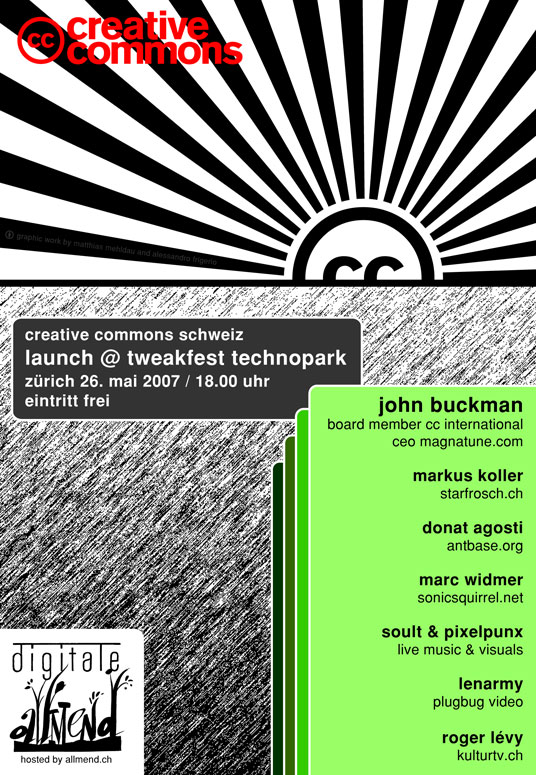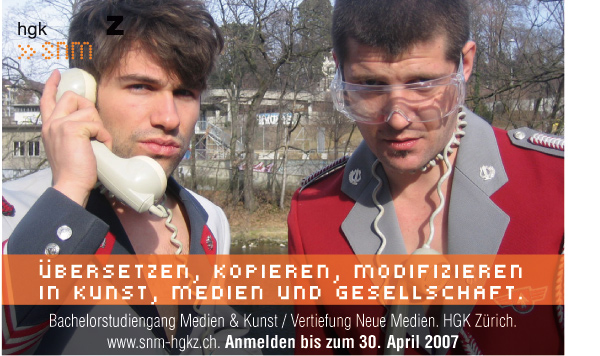Finnish court rules CSS protection used in DVDs “ineffective”
Das Urheberrecht in den meisten europäischen Ländern, und bald auch in der Schweiz, verbietet es, effektive Kopierschutztechnologien zu umgehen. Die schweizer Regelung ist hier noch relativ liberal, in dem sie die Umgehung für legale Zwecke (etwa: Privatkopie) erlaubt, aber das es verbietet, Informationen darüber zu veröffentlichen. Dies greift aber nur, wenn die Kopierschutztechnologien wirklich effektiv sind. Aber was ist eine effektive Technologie? Ein Gericht in Finnland hat nun entschieden, dass CSS, die Kopierschutztechnologie, die auf DVDs eingesetzt wird, nicht effektiv ist, und deshalb nicht unter diesen besondern Schutz fällt. Das heisst, man darf diese Technologie umgehen, und Tools anbieten, die das erleichtern. Das heisst natürlich nicht, dass man die Filme frei kopieren darft, nur, dass man dass die Technologie selbst nicht mehr unter absolutem Schutz steht.
Interessant jedenfalls ist die Begründung: Weil bereits so viel Information (illegal, muss man annehmen) vorhanden ist, wie die Technologie zu umgehen ist, ist die Technologie nicht mehr effektiv. Dies könnte, im Prinzip, jedem beliebigen Kopierschutz widerfahren und ist kein technisches, sondern ein soziales Kriterium.
Quelle: http://www.turre.com/blog/?p=102
Interessant jedenfalls ist die Begründung: Weil bereits so viel Information (illegal, muss man annehmen) vorhanden ist, wie die Technologie zu umgehen ist, ist die Technologie nicht mehr effektiv. Dies könnte, im Prinzip, jedem beliebigen Kopierschutz widerfahren und ist kein technisches, sondern ein soziales Kriterium.
Quelle: http://www.turre.com/blog/?p=102
(Helsinki May 25, 2007) In an unanimous decision released today, Helsinki District Court ruled that Content Scrambling System (CSS) used in DVD movies is “ineffective”. The decision is the first in Europe to interpret new copyright law amendments that ban the circumvention of “effective technological measures”. The legislation is based on EU Copyright Directive from 2001. According to both Finnish copyright law and the underlying directive, only such protection measure is effective, “which achieves the protection objective.”
The background of the case was that after the copyright law amendment was accepted in late 2005, a group of Finnish computer hobbyists and activists opened a website where they posted information on how to circumvent CSS. They appeared in a police station and claimed to have potentially infringed copyright law. Most of the activists thought that either the police does not investigate the case in the first place or the prosecutor drops it if it goes any further. To the surprise of many, the case ended in the Helsinki District Court. Defendants were Mikko Rauhala who opened the website, and a poster who published an own implementation of source code circumventing CSS.
According to the court, CSS no longer achieves its protection objective. The court relied on two expert witnesses and said that “…since a Norwegian hacker succeeded in circumventing CSS protection used in DVDs in 1999, end-users have been able to get with ease tens of similar circumventing software from the Internet even free of charge. Some operating systems come with this kind of software pre-installed.” Thus, the court concluded that “CSS protection can no longer be held ‘effective’ as defined in law.” All charges were dismissed.

